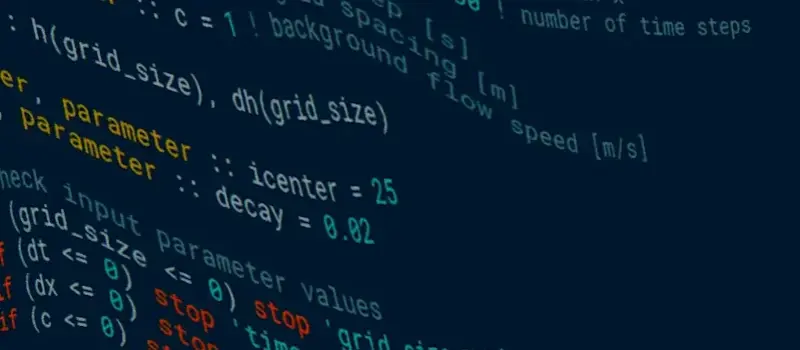New Role at QMUL: Research Community Lead

Hello world, my name is Julita Inca and I am originally from Lima, Peru. I am currently based in London, UK. My professional focus is High Performance Computing (HPC) and Linux.

Hello world, my name is Julita Inca and I am originally from Lima, Peru. I am currently based in London, UK. My professional focus is High Performance Computing (HPC) and Linux.

On Thursday, June 13, I attended the HPC-SIG meeting at the University of Bath which hosted many High Performance Computing (HPC) specialists in the UK. The event was hybrid, so there were international attendees as well as those from the UK.

There are many strategies and tools for improving the performance of Python code, for a comprehensive treatment see High Performance Python by Gorelick and Ozsvald (institutional access is available to QM staff). However, there are some subtleties when using them in an HPC environment. More bluntly, requesting processor cores does not automatically mean your code will use them effectively, and that cannot happen if it doesn't know how many of them there are!

As the complexity of HPC applications increases, the management of memory and threading scopes becomes increasingly important. Tools like Intel Inspector are crucial in this context, to effectively identify and resolve a wide array of memory errors and thread synchronisation issues.

Modules are the centralised method of accessing different software on an HPC cluster. By using a variety of modules you can quickly and easily access different versions of applications and create work flows that suit particular projects. The modules offered on Apocrita cover a wide range of applications but there will always be situations that require something unusual or a relatively niche version of a piece of software.

The ITSR support team often receive tickets from Conda users concerned that creating environments and installing packages is taking quite a long time. Now we have moved to Miniforge exclusively for all Conda usage on Apocrita, the Mamba libsolver is available for all package installs.
Since the last module update in December 2021, we have:

Sometimes you may find yourself needing to filter a large amount of output
using the grep command. However, grep can sometimes struggle when you try
to filter files with an incredibly large number of lines, as it loads each line
into RAM line-by-line. This can mean you can quickly exhaust even large amounts
of requested RAM. There are a few ways around this.

As the current 2 PetaByte Research Data Storage on Apocrita reaches end of life this summer, we have procured a new storage system, providing 5PB of capacity. This means faster, bigger and cheaper storage for you, the researcher! Read on to discover the benefits...but first, an important notice.

The RSE team in ITS Research has had a busy few years since we started sharing our work in this blog. In this post we look at some highlights of recent activity and what we have to look forward to.